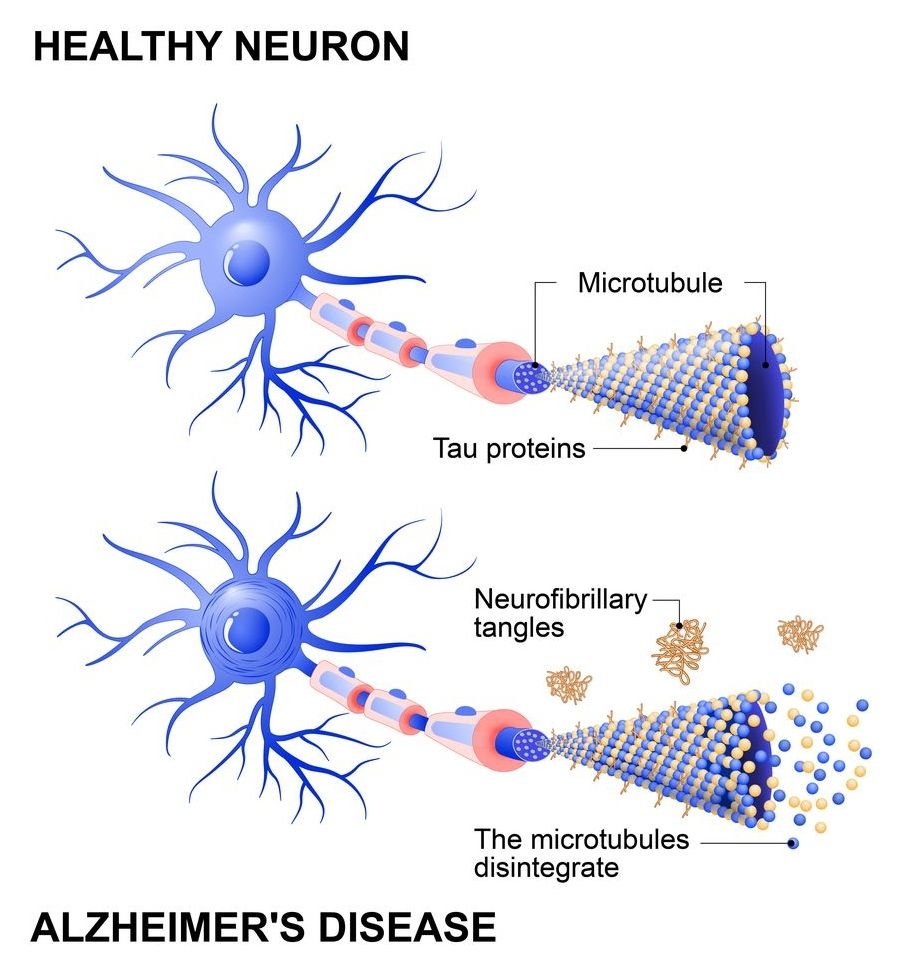Jun 11, 2018
Intel is now capable of producing full silicon wafers of quantum computing chips
Posted by Genevieve Klien in categories: computing, quantum physics
Last year, Intel was able to take a few steps forward towards the commercialization of quantum computing. A 17-qubit superconducting chip was built followed by CEO Brian Krzanich showing off a test chip at CES 2018 with 49 qubits.
Unlike previous quantum efforts at Intel, this latest batch of wafers are focusing on spin qubits instead of superconducting qubits. This secondary technology is still a few years behind superconducting quantum efforts but could turn out to be more easily scalable.
Moving forward, Intel now has the capability to produce up to five silicon wafers every week containing up to 26-qubit quantum chips. This achievement means that Intel has greatly increased the number of quantum devices in existence and could be looking to increase the number of qubits steadily in the coming years.
















